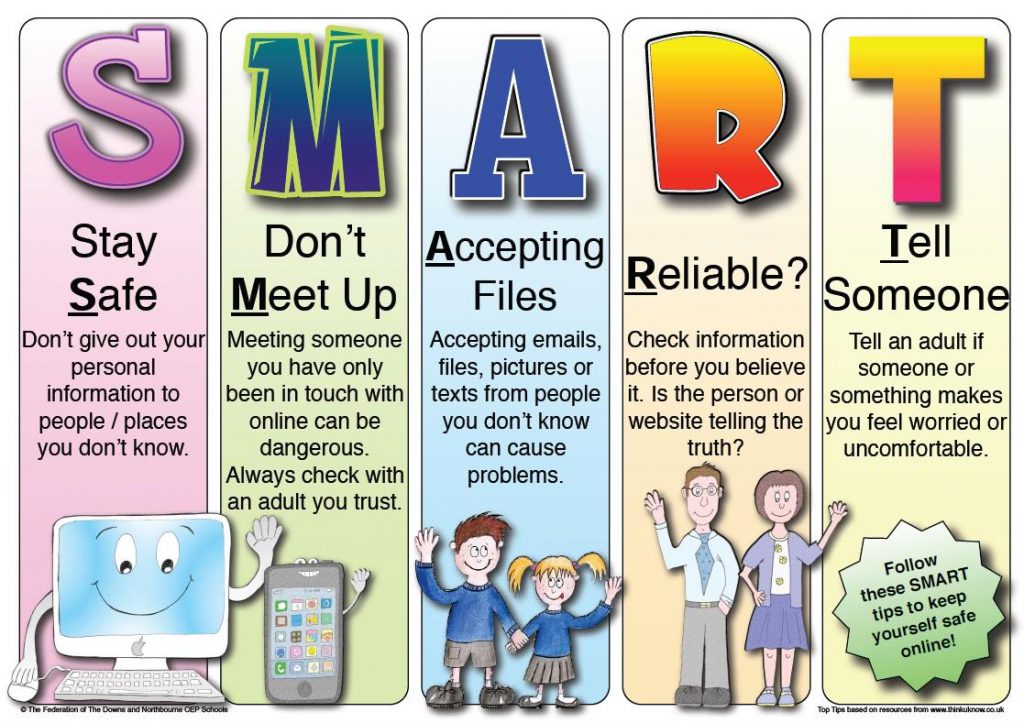Introduction
In today’s connected world, the awareness of online safety is very important to keep ourselves safe online. This is even more important for minors with their gullible minds and ever-trusting attitude.
As part of the research team at AIM Foundation, about 7 to 8 months ago,Parimita and I started our quest to understand the awareness level of children in terms of digital literacy and online safety.
The challenge we started with was to assess the level of awareness in children and prove it with data that we need to take immediate steps towards improving the situation.
The process of getting to know children better
Have you ever asked your children the following questions?
- If you have a social networking profile, have you used the privacy settings?
- Do you know about application passwords and PIN-based Locks?
- Do you play online games with friends you don’t know?
- Do you feel pressure to appear popular on social networking sites like Facebook?
- Have you ever had anything bad happen to you while being online, like being abused or cyber-bullied?
- Who would you tell if something upsets or worries you online?
If you haven’t, please do it now. These are important questions to ask your children who have access to Internet-connected devices round the clock.
Now the big question remains – if you ask these questions to your children, will they be comfortable enough to have an honest conversation with you? Maybe. Maybe not.
Due to this, we created an anonymous survey, both online and offline, and did this survey in schools across the country. The survey was done in Tier 1, Tier 2, and Tier 3 cities. There was a mix of private schools and public schools, both under national and state curricula.
Note: No PII (Personally Identifiable Information) was collected in this survey and only trends and figures are being discussed here.
About our Participants/respondents for Digital Literacy and Online Safety Survey
Here’s a snapshot of how our participants/respondents looked like. I’m sure, most of you who are reading this may have children in one of these age groups.
Age groups and the percentage of participants:
- 6-8 years: 4%
- 9-11 years: 29%
- 12-14 years: 62%
- 15-18 years: 5%
Gender:
- Female: 51%
- Male: 49%
Do they have their own mobile phone?
- Yes: 55%
- No: 45%
Do they share their mobile phones with parents?
- Yes: 85%
- No: 15%
If you have a keen eye for discovering insights from data, you can see some red flags right here. For, example, at least 15% of children don’t share their mobile phones with their parents; hence probably they are the only ones who knows what’s being done on those mobile phones.
The Shocking Revelation of the state of Online Safety of Children
When we compiled and analysed the data, we had many shocking insights from the results. These are the insights which when known can make you lose your sleep as a parent.
- Few respondents said that they use technology to reduce loneliness.
- Many respondents felt that games like PUBG are “positive impact of technology”.
- 76% of respondents said they use social networking sites/apps, including high peer-pressure sites like TikTok.
- 49% of the respondents are not aware of privacy settings for social networking profiles/sites.
- 25% of the respondents are not aware of application passwords and PIN-based locks, making them vulnerable.
- 15% of the respondents said they share their passwords and PINs with their friends.
- 51% of respondents said they sometimes play online games with friends/strangers they don’t know.
- 46% of respondents said they are either cyber-bullied or they had something bad happen to them online.
- And so on…
These revelations are shocking indeed. This reaffirms what we already expected. However, we can now back all these with data.
I’d like to reiterate, all the participants/respondents were minors.
How can you help and what can you do, as parents?
You, as parents, can do the first level of intervention to make sure your children are safe online. Please ask the questions listed above.
If you are not sure about how to assess your children, please reach out to us at NumberNagar. We would be glad to help.
We would love to hear from you what you think about this article and the result of this entire activity. Please let us know by adding a comment below.
Nishant Krishna
Latest posts by Nishant Krishna (see all)
- The Psychology behind forming Lifelong Habits - 13 March 2020
- NumberNagar® Dialogue Series – On Making Mathematics the Way of Your Life - 7 February 2020
- NumberNagar® Dialogue Series – On Getting Command in Mathematics - 24 January 2020
- NumberNagar® Dialogue Series – On Bringing Fluency in Spoken English in Children - 17 January 2020
- NumberNagar Dialogue Series – On Creativity in Children - 10 January 2020

